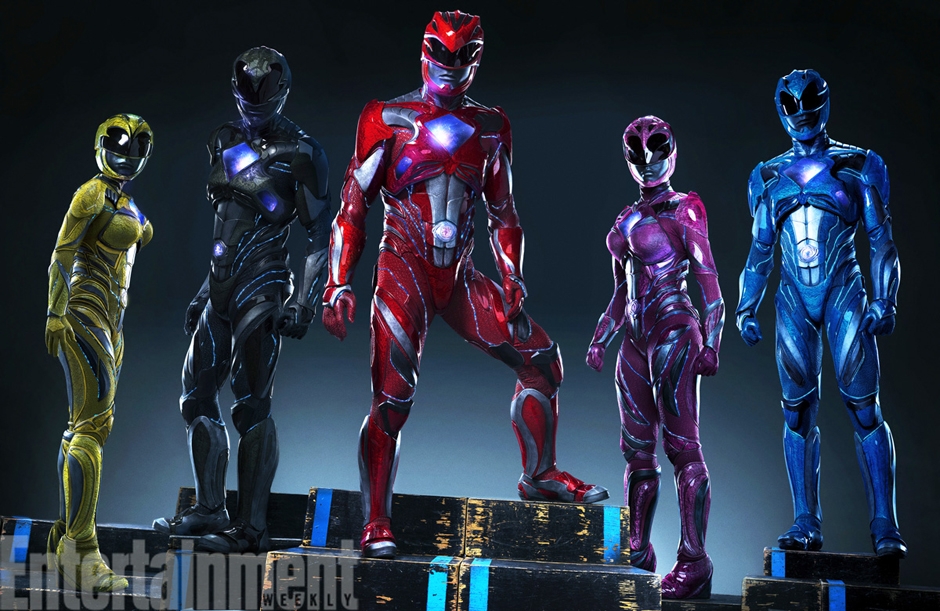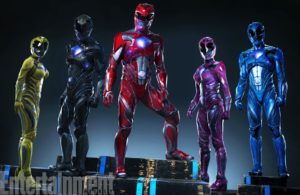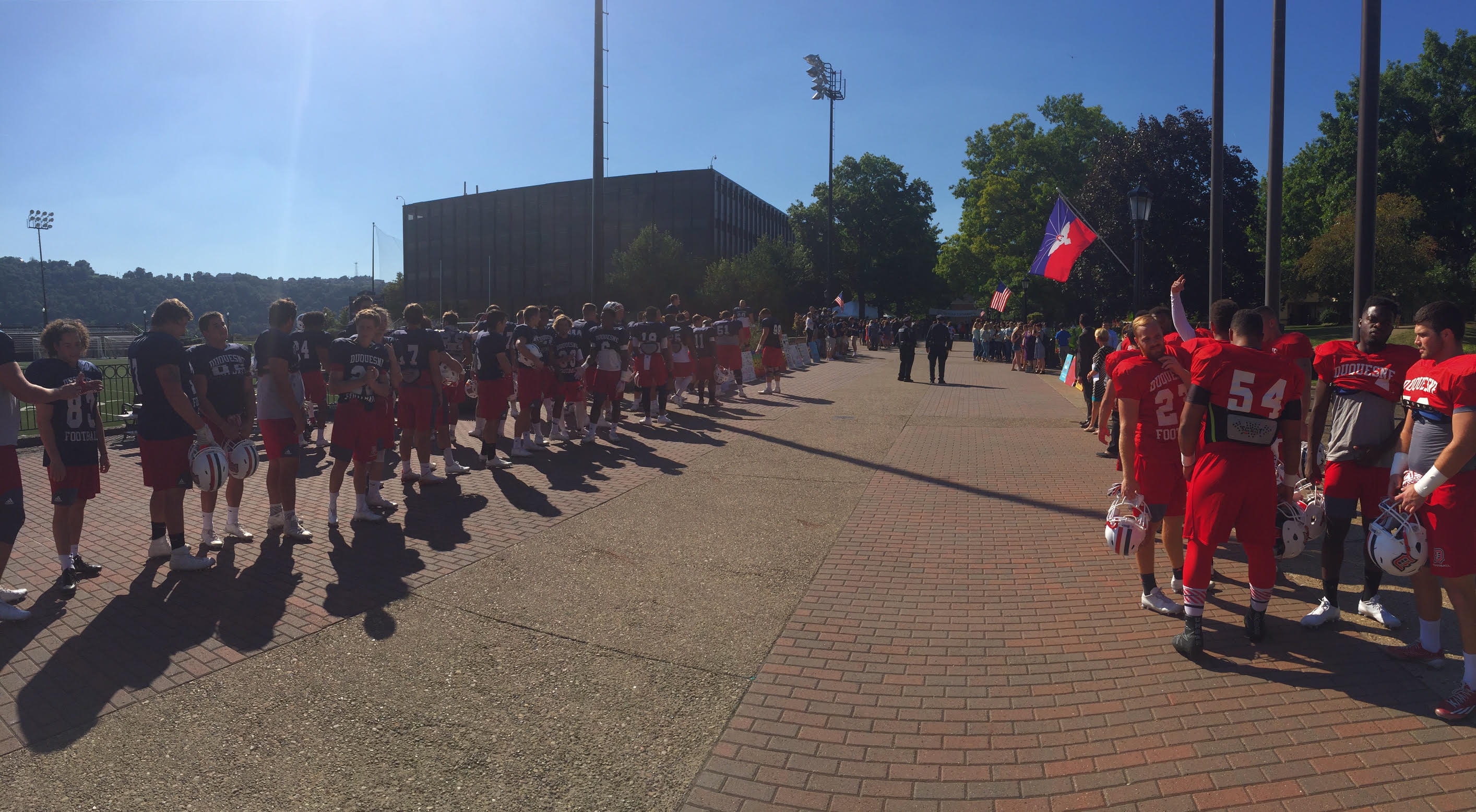

“Power Rangers” is based on the original season of the show, “Mighty Morphin’ Power Rangers,” which premiered in 1993. The series utilizes footage from a Japanese show, known as “Super Sentai,” for its fight sequences. The film, however, has its own footage.
By Josiah Martin | Staff Writer
If tasked to choose the quintessential ‘90s children’s television show, many would undoubtedly name “Mighty Morphin’ Power Rangers.” It has the over-the-top action and styling of series such as “G.I. Joe” and “Transformers,” but added the corny high school drama of “Saved By The Bell.” Updating “Mighty Morphin’ Power Rangers” for a modern audience means either reviving the clichés that made it memorable in the first place or adjusting it to fit the themes and tropes of modern cinema and television. “Power Rangers,” the new film based on this series, does the latter and, unfortunately, may have taken the concept a bit too far.
The first few minutes of the film set up the atmosphere fairly effectively and demonstrate the excessive application of the aforementioned modern motifs instantly. There’s a star athlete whose dad simply doesn’t understand him, there’s a school prank gone wrong, there’s a needlessly gritty single-shot action scene and there’s a gray and dreary high school with bullies and mean cheerleaders. One of the biggest problems with “Power Rangers” makes itself clear: Instead of embracing the quirkiness of its source material, it tries too hard to be a 2017 high school drama film. The cast does their best to combat this, but fail.
Jason Lee Scott (Dacre Montgomery) serves as the main protagonist of the film, the leader of the team, the Red Ranger. Jason serves as the stereotypical star athlete, but Montgomery gives him enough humanity to keep him an interesting character. The same applies to Naomi Scott’s Kimberly Hart, Pink Ranger, who stands out as the most likable of the group’s many edgy-outcast roles. Yellow Ranger Trini Kwan and Black Ranger Zach Taylor, portrayed by Becky G and Ludi Lin respectively, both come across as a bit overemotional and dark, mostly due to the fact that these two characters in particular have almost no time to explain their personal motives and little information is given to their backstories other than “They are sad.”
The only character in the film who is given time to develop and explain himself is RJ Cyler’s beautiful portrayal of Billy Cranston. Billy is notably the first Power Ranger with autism spectrum disorder, which, alongside the death of his father, serves as the internal explanation for his loyalty to the group. Cyler nails this role, and every scene that features him is either hilarious or heart-wrenching. These likable traits make his participation in the groups’ final victory in a battle all the more satisfying.
The high school setting and motifs raise another interesting question about “Power Rangers.” Namely, who is this film intended for? The target demographic of the current television series of “Power Rangers” is well under high school age. Meanwhile, the demographic that watched the specific seasons of the show that serve as the basis for this film are much too old for a high school film. The language and more realistic violence would overwhelm young viewers, but the overall feel of the film is too juvenile for many older audiences. Luckily for more mature viewers, the cast somehow makes the trite dialog sound mature and appropriate.
The final battle of the film brings the only real action scene, aside from an early training montage. The fight comes across as too short and too messy. For what should be the climax of the film, it is decidedly uninteresting, and the film receives very little in the way of denouement. This in itself is the main issue with this film: Much of the film builds-up for events that never occur or events that disappoint. A “Power Rangers” film should be exciting from beginning to end.
“Power Rangers” fails to meet that standard, and thus could only be enjoyed by hardcore fans of the series who come to see their favorite characters. If they filmmakers had tried harder to fight the urge to make a cliche picture about teenagers, “Power Rangers” had the potential to be a fantastic film.




